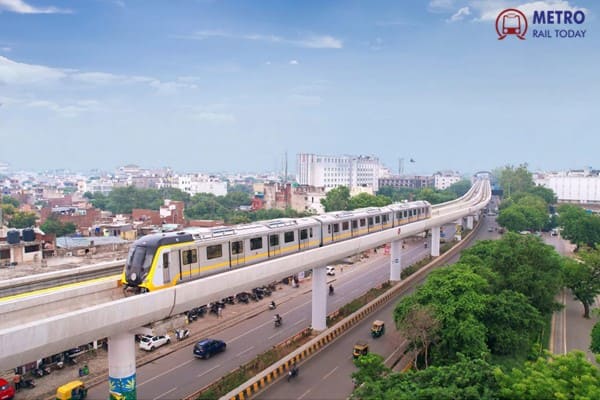Metro Trial Runs Complete, Commercial Operations Await Green Signal
According to a spokesperson from MPMRCL, the trial run for the metro on this stretch was successfully completed in September 2023, marking a significant milestone. The corporation is now conducting final tests to ensure the metro's readiness for full-scale commercial operations. "We are working towards starting commercial services on this 5.9 km route at the beginning of the new year," the official said.
The completion of these tests will pave the way for the submission of a report to the Commissioner of Metro Railway Safety (CMRS). Once the report is submitted, a team from CMRS will conduct an inspection of the route and assess the safety arrangements before granting the final clearance for commercial operations.
Initial Operations and Future Expansion
The metro stations along this initial stretch have been designed to accommodate six-coach trains, but to begin with, services will operate using three-coach trains. The metro is expected to transport around 300 passengers per coach, including seating capacity for 50 people. If demand increases, the trains can be expanded to six coaches to accommodate more passengers.
Indore Metro, once fully operational, aims to ease traffic congestion, reduce travel times, and provide a modern, eco-friendly mode of transport for the city’s residents. The initial stretch is just the beginning, with future expansion plans aiming to cover a total metro corridor length of 31.50 km across the city.
Indore Metro Phase I Details
The Phase I of the Indore Metro project, which has an estimated cost of ₹7,500.80 crore, is designed to improve connectivity in one of Madhya Pradesh's fastest-growing cities. The foundation stone for this ambitious project was laid on September 14, 2019. Once completed, the metro system will serve key urban and suburban areas, providing an efficient and reliable public transport system.
The metro project is expected to transform the way people commute in Indore, which has seen significant urbanization and increased traffic congestion in recent years. The launch of the metro is expected to be a major step forward in modernizing Indore's public transport infrastructure, making it more sustainable and accessible for its residents.
Looking Ahead: The Future of Indore’s Metro
The successful launch of the 5.9 km stretch will serve as a model for future expansions, with Phase II and beyond expected to cover additional routes, linking more parts of the city and improving overall connectivity. The metro is expected to provide a crucial alternative to traditional modes of transport, reducing the reliance on private vehicles and easing traffic bottlenecks.
The metro's expected launch in early 2025 will also coincide with the growing demand for efficient public transportation solutions in Indian cities. With a modern metro system in place, Indore will join a growing list of Indian cities that are embracing urban mobility solutions to address the challenges of rapid urbanization and environmental sustainability.
The Indore Metro is set to revolutionize urban transport in the city, with commercial operations expected to begin in early 2025 on the 5.9 km Super Priority Corridor. As preparations for the launch continue, MPMRC remains focused on ensuring that all safety and operational checks are in place before the green signal is given. The completion of this project will not only provide much-needed relief to commuters in Indore but will also serve as a model for future metro projects across India.
Key Project Details:
- Initial Route: 5.9 km stretch from Gandhi Nagar station to Station Number-3 on the Super Corridor.
- Trial Runs: Completed in September 2023.
- Expected Launch: Early 2025.
- Cost of Phase I: ₹7,500.80 crore.
- Total Length of Planned Metro Corridor: 31.50 km (Phase I).
- Passenger Capacity: 300 passengers per three-coach train, with the option to expand to six coaches.
Indore's metro will play a key role in the city's future mobility, and its success could serve as a blueprint for other cities in India looking to implement metro systems to meet the demands of rapid urban growth.
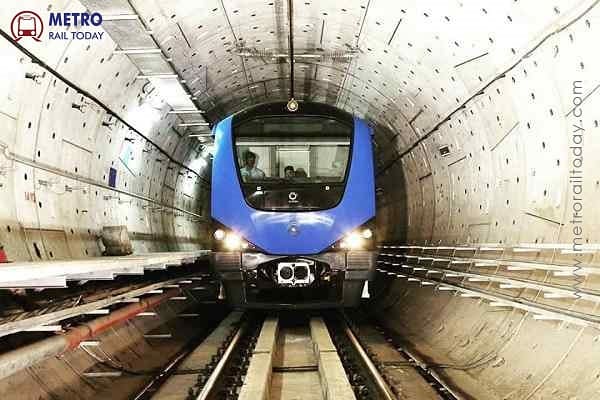 CMRL achieves second Tunnel Breakthrough at Thirumayilai for Chennai Metro Phase 2 Corridor 4
CMRL achieves second Tunnel Breakthrough at Thirumayilai for Chennai Metro Phase 2 Corridor 4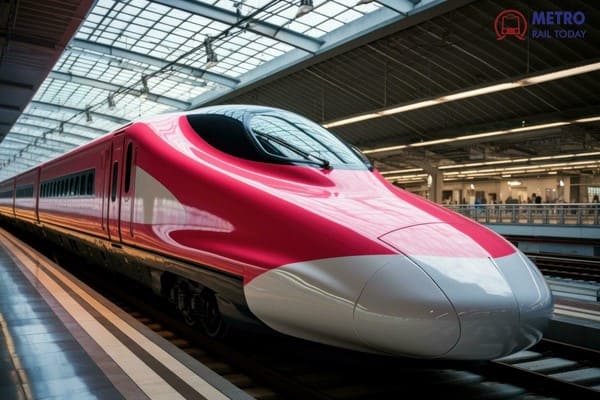 NHSRCL invites Single Tender from BEML for Bullet Train Rolling Stock Package
NHSRCL invites Single Tender from BEML for Bullet Train Rolling Stock Package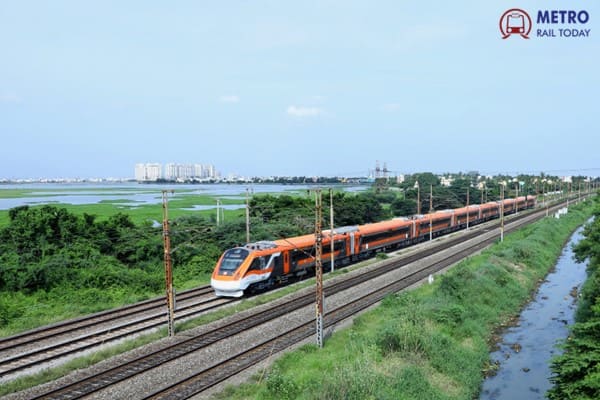 Railway Minister reviews progress of Ahmedabad–Dholera Semi High-Speed Rail Project
Railway Minister reviews progress of Ahmedabad–Dholera Semi High-Speed Rail Project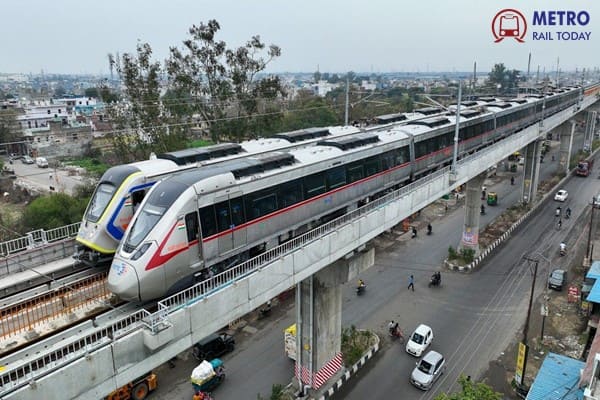 National Planning Group reviews key Rail & Metro projects under PM GatiShakti
National Planning Group reviews key Rail & Metro projects under PM GatiShakti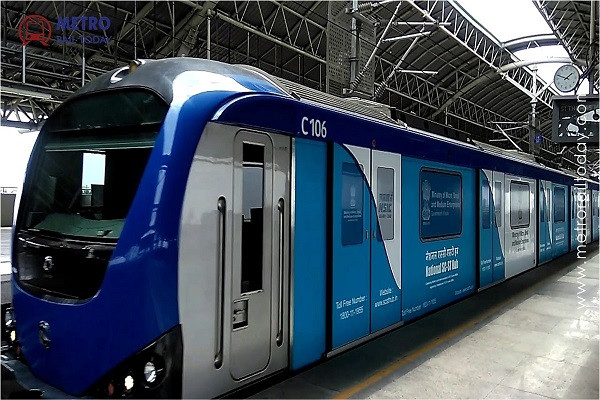 CMRS approves Driverless Metro Operations on first stretch of Chennai Metro Phase 2 Corridor 4
CMRS approves Driverless Metro Operations on first stretch of Chennai Metro Phase 2 Corridor 4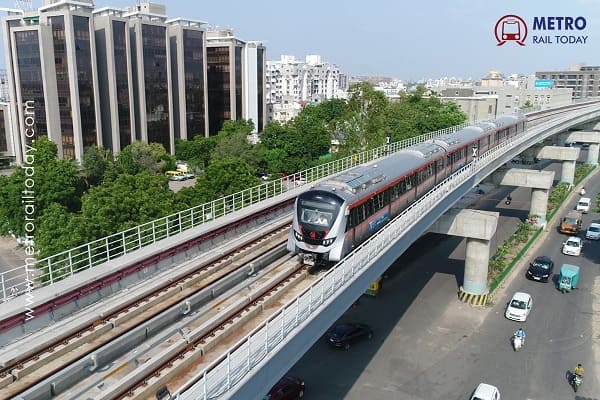 J Kumar Infraprojects completes Final Tunnel Breakthrough for Surat Metro Phase 1 Project
J Kumar Infraprojects completes Final Tunnel Breakthrough for Surat Metro Phase 1 Project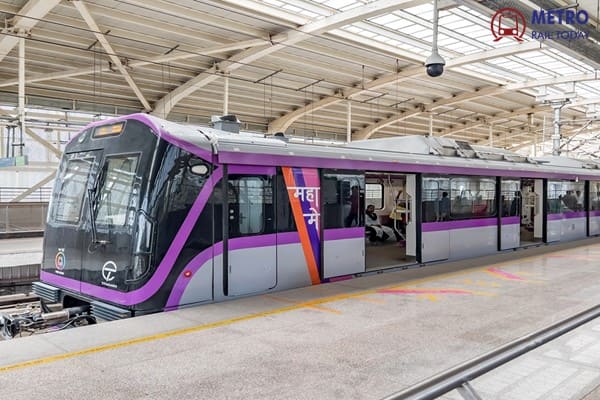 Apurvakriti Infrastructure awarded Ballastless Track Contract for Pune Metro Reach-1 Extension
Apurvakriti Infrastructure awarded Ballastless Track Contract for Pune Metro Reach-1 Extension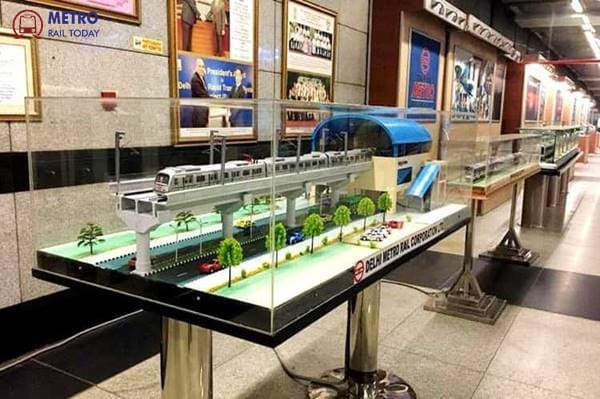 SAM India Builtwell bags first ₹222.76 Crore Civil Contract for Delhi Metro Phase V
SAM India Builtwell bags first ₹222.76 Crore Civil Contract for Delhi Metro Phase V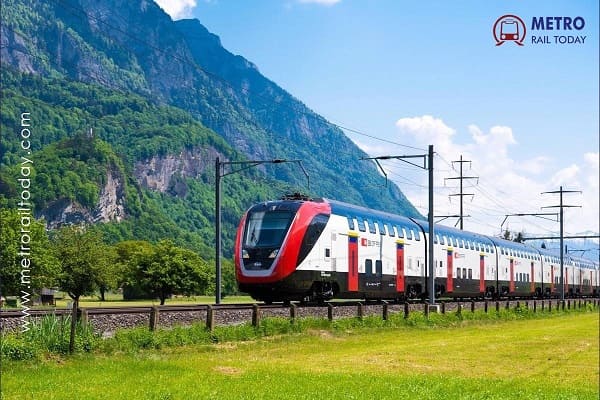 HRIDC conducts Investors Pre-Bid Meeting for Haryana Orbital Rail Corridor
HRIDC conducts Investors Pre-Bid Meeting for Haryana Orbital Rail Corridor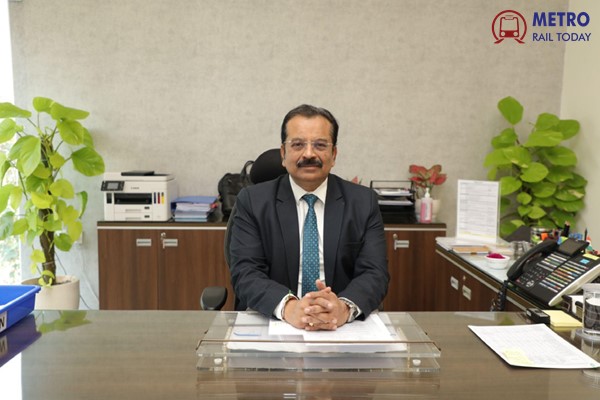 NCRTC Chief Shalabh Goel appointed as General Manager of Central Railway
NCRTC Chief Shalabh Goel appointed as General Manager of Central Railway